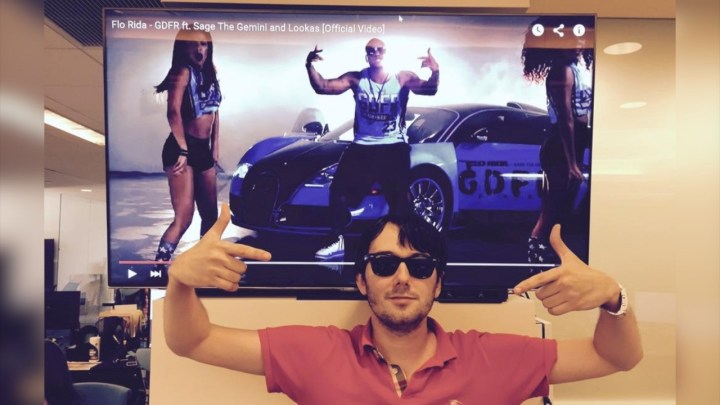
Chagas is transmitted by triatomines, insects that live in mud and straw housing. It can be transferred human to human through organ transplants or blood transfusions, via breastfeeding, and congenitally. As it’s generally found in rural areas and slums in South America, and the millions infected abroad are generally low-income or poor, Chagas is considered a neglected tropical disease. While the disease is not of huge concern here in the United States, 300,000 people here are infected, and the practice of hiking up drug prices to extreme levels is relevant worldwide.
The drug in question, a version of benznidazole, is owned by KaloBios Pharmaceuticals, which an investor group led by Shkreli took control of last month. The drug itself is given free to patients by the Centers for Disease Control and Prevention on an experimental basis and sold overseas. It’s currently not approved for sale in the U.S., but Shkreli plans to pursue FDA approval.
If he gets it, according to The New York Times Shkreli told investors the company would have exclusive rights to sell benznidazole in the U.S. for five years. He said he would set the price at levels comparable to hepatitis C drugs, and that’s as much as $100,000 for a course of treatment. This is compared to current costs of about $50 to $100 for a two month course of benznidazole in Latin America.
The drug has been around since the 1970s. Developed by Roche, the company donated its supply to Lafepe, a Brazilian state government company. Another company, Elea, out of Argentina, also became a supplier in response to a shortage of the drug a few years ago.
There is a federal program designed to encourage pharmaceutical companies to develop drugs for neglected tropical diseases that provides “priority-review vouchers.” Those vouchers guarantee a fast track to an FDA ruling on a future application for an unrelated drug within six months. A speedy FDA ruling is incredibly valuable in the big pharma arena, and can be sold to other corporate entities for multimillion-dollar windfalls. Perhaps Elea, the Argentine company has the same idea, since it too is planning to apply for FDA approval.
Editors' Recommendations
- GPU prices rising again after they had been falling
- Leaked Canadian Pixel 4 pricing suggests we should prepare for a price hike


